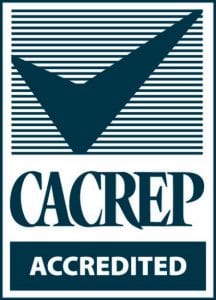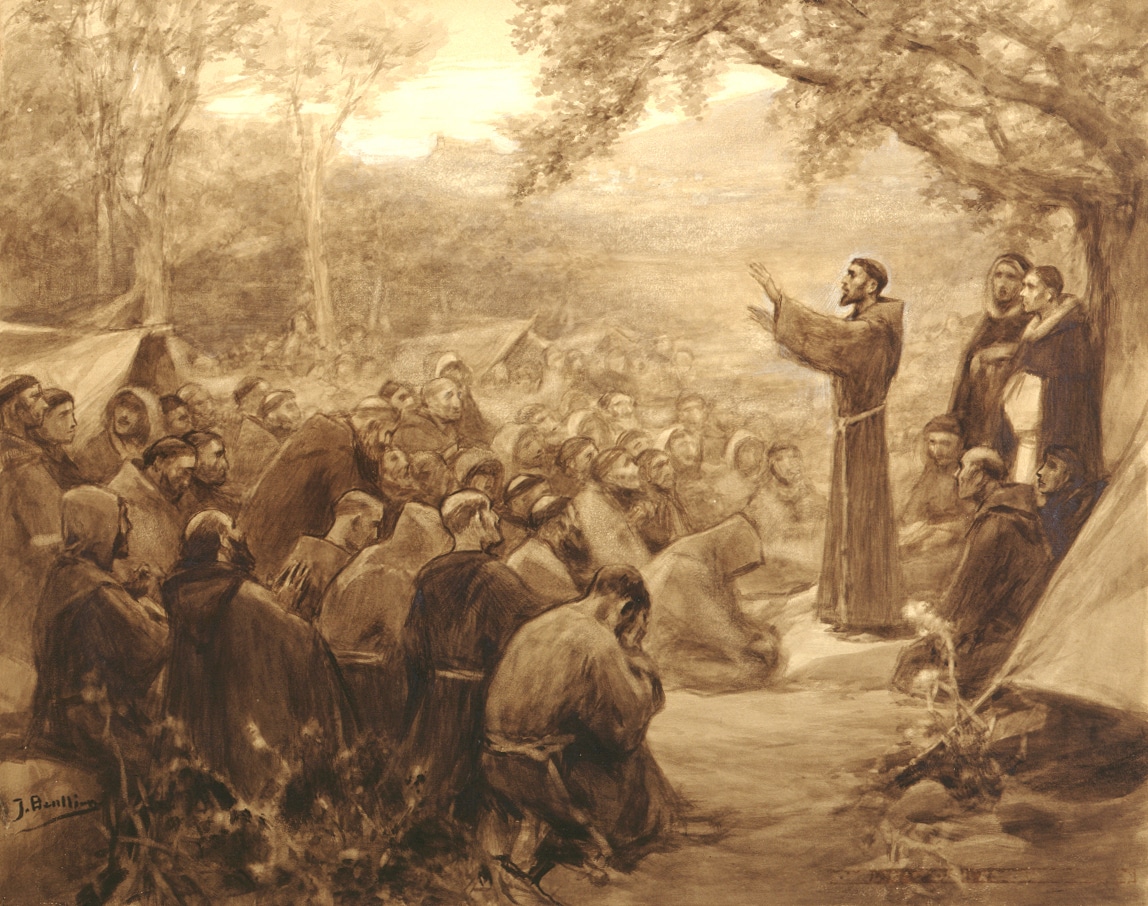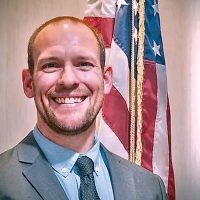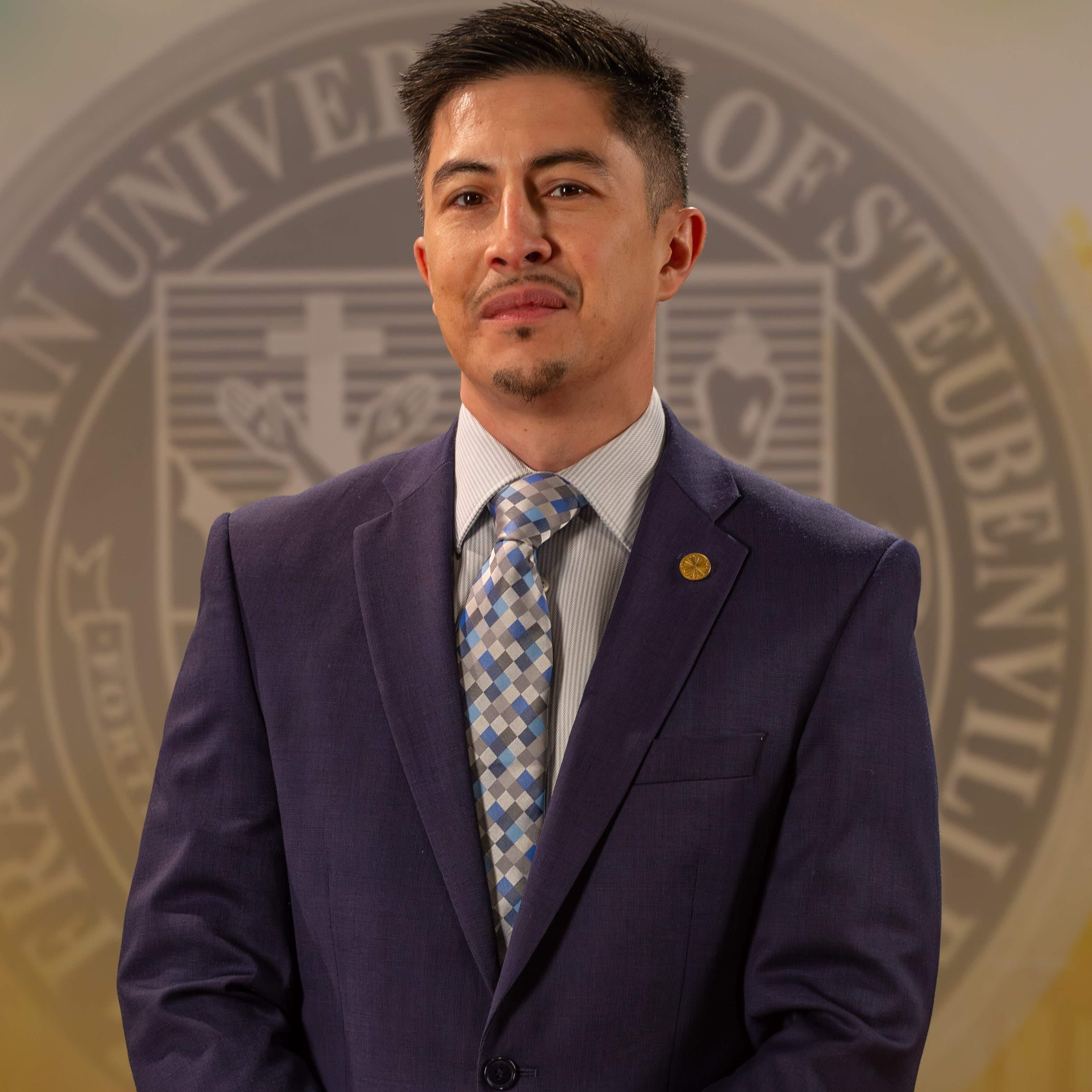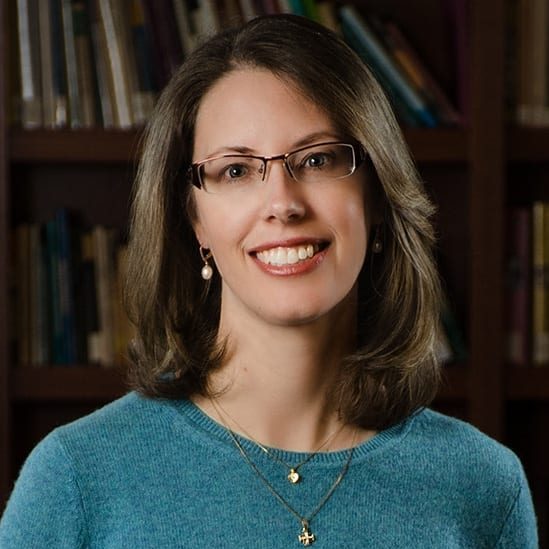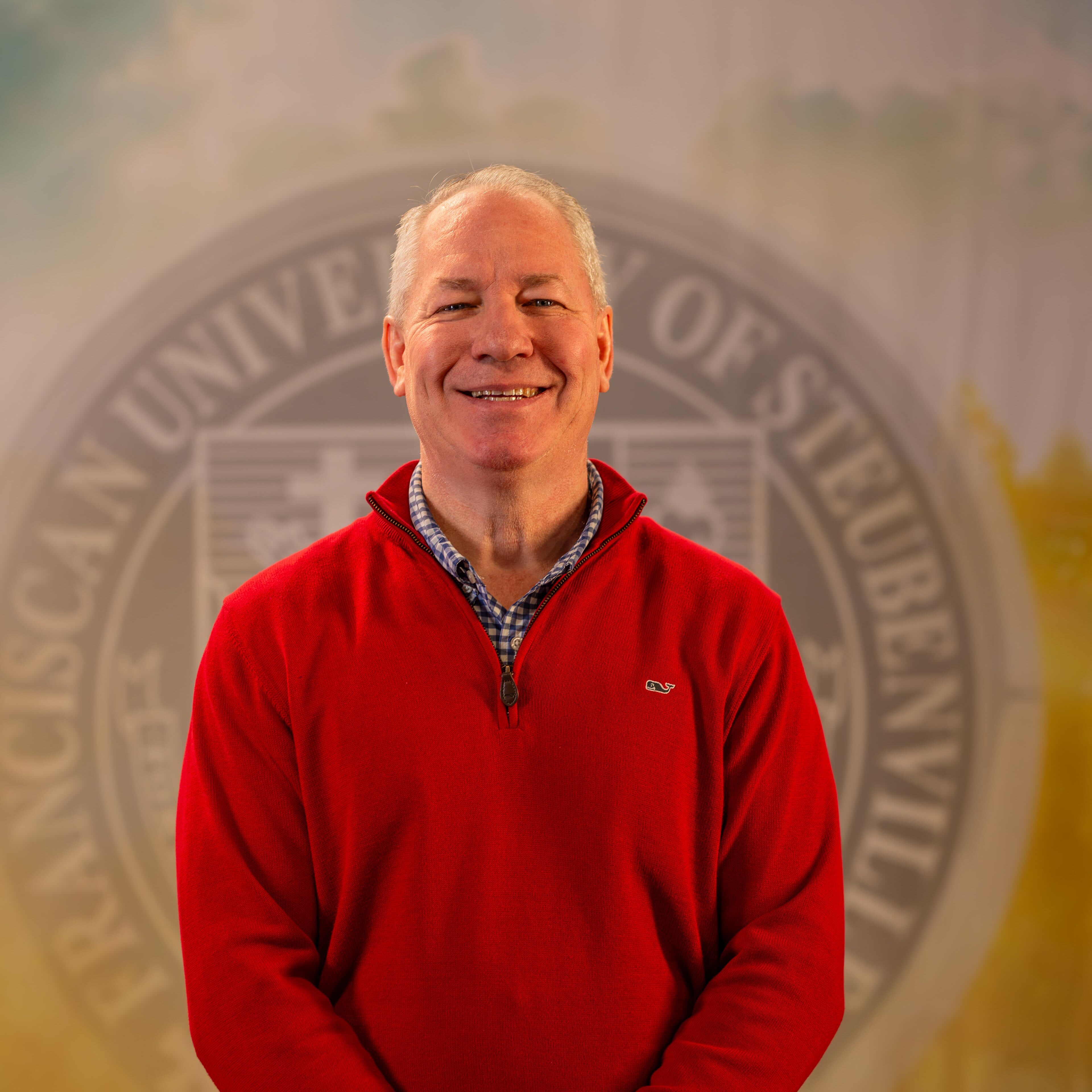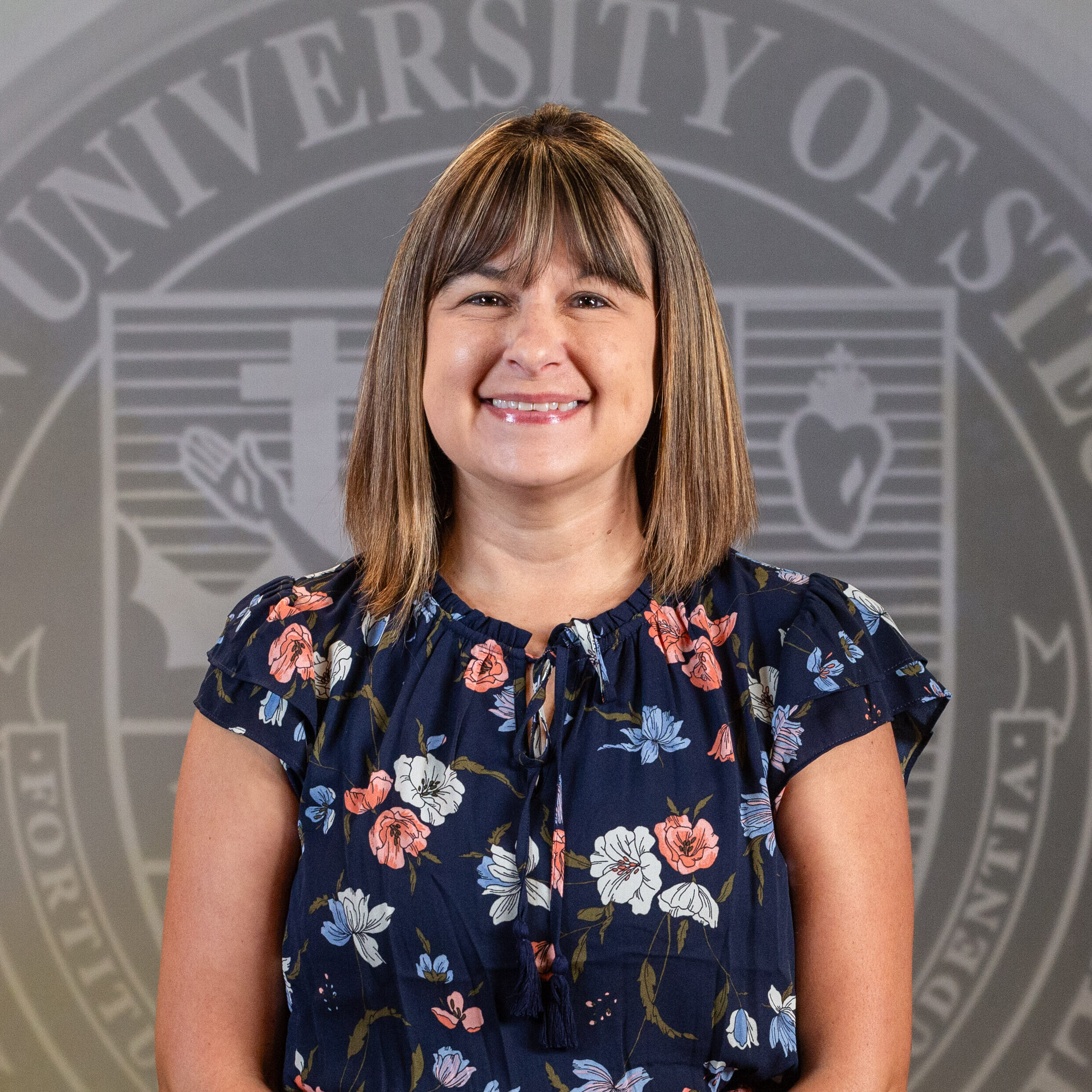Combine the richness of the Catholic faith with evidence-based, effective therapy practices through the Master of Arts degree program in Clinical Mental Health Counseling at Franciscan University of Steubenville in Ohio. This 60-credit graduate program is accredited by the Council for Accreditation of Counseling and Related Educational Programs (CACREP). Of the Franciscan students who took the National Counselor Examination, required by most states for independent licensing, 100 percent passed in the last three years. This hands-on counseling degree features internships and a practicum so you’re prepared for a wide range of counseling jobs in a variety of settings or to pursue your PhD after graduation.
For more information about meeting the educational requirements for licensure in states other than Ohio please see the professional licensure disclosures.
Committed to Catholic and human values
On the Ohio campus, you’ll learn from full-time Franciscan University faculty with 100 years of combined experience. These expert scholars actively work within the profession so that you gain awareness of current clinical practices. They are committed to Catholic and human values, the most foundational of which is the dignity and worth of the human person. Read more about the program’s commitment to a Catholic, philosophical approach to teaching and learning clinical mental health counseling: CMHC-Teaching-and-Program-Position-Statement.


